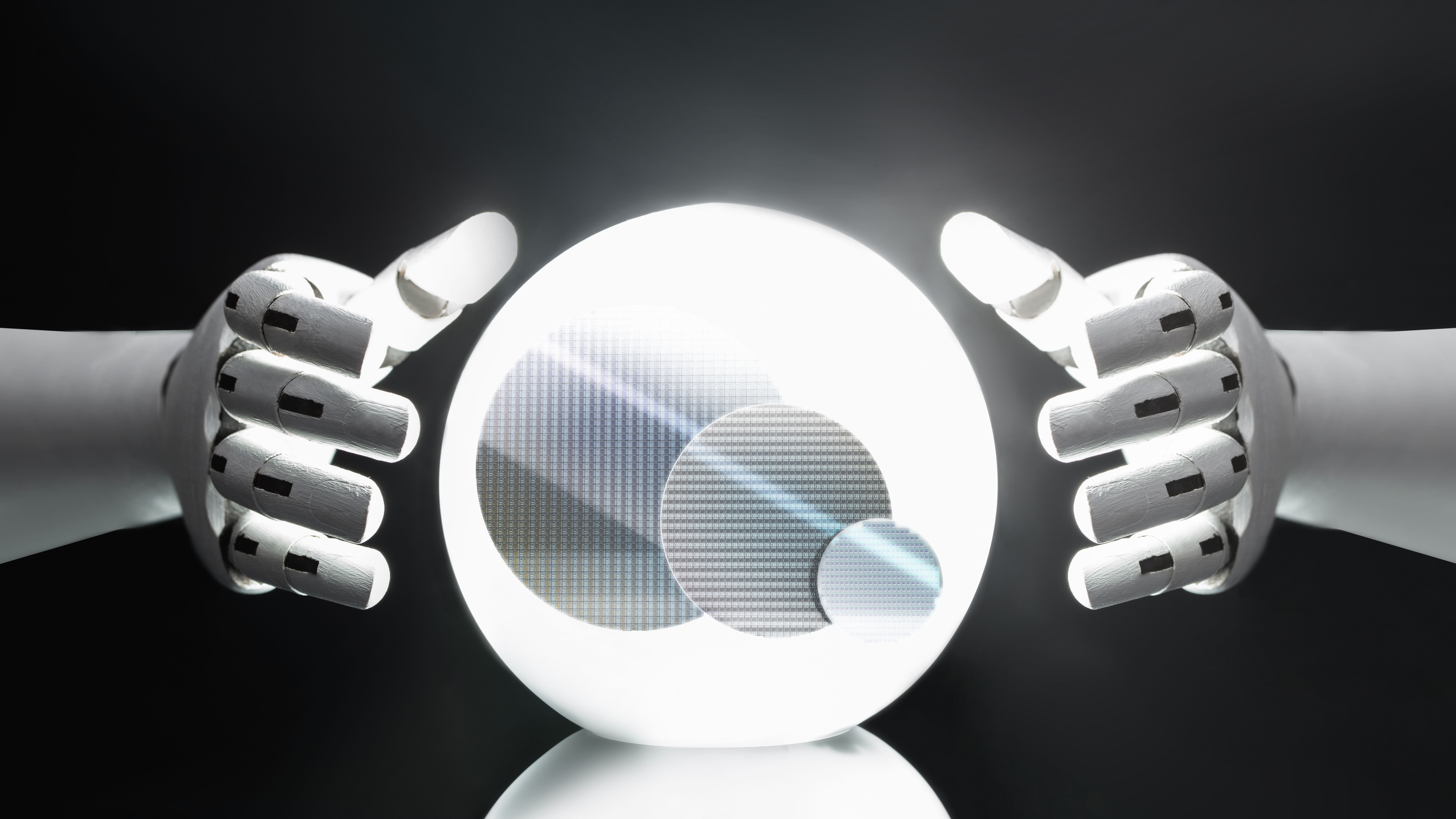Sam Altman is talking to TSMC about AI chip venture
Altman is looking for alternatives to Nvidia GPUs.

One of the most unexpected stories from last week was that OpenAI's chief executive Sam Altman allegedly plans to build an AI processer that will design AI chips and produce them in-house. The Financial Times on Tuesday revealed some additional information about the venture: While Altman is indeed looking to develop his own alternative to Nvidia's AI and HPC GPUs, he's apparently talking to TSMC about chip production.
Altman, the CEO of OpenAI, is allegedly in talks with both TSMC and Middle Eastern investors to start a new chip venture aimed at reducing OpenAI's dependence on Nvidia (or rather, Azure datacenters running Nvidia's H100 that Microsoft procures in massive quantities) and fulfilling its growing need for processing power.
This ambitious project involves figures like Sheikh Tahnoon bin Zayed al-Nahyan of the UAE, and is poised to reshape OpenAI's approach to AI model development and hardware usage. With this venture, OpenAI will follow companies like Amazon Web Services and Google, which develop their own chips for AI applications.
The financial stakes of this venture are high, given the goal of competing with industry giant Nvidia. Developing such advanced processors from scratch is expected to cost hundreds of millions — if not billions — so Altman needs money.
Altman's discussions focus on securing funding from some of the wealthiest investors in the Middle East. A central figure in these negotiations is Sheikh Tahnoon bin Zayed al-Nahyan, one of Abu Dhabi's most influential individuals. As a brother of the UAE's president and a key figure in the country's business and investment landscape, he oversees substantial assets. These include the Abu Dhabi Investment Authority and ADQ, along with chairing the International Holding Company and G42 — an ambitious AI company that already has existing partnerships with Microsoft and OpenAI.
Altman is also in talks with TSMC about making the processors. This potential partnership with the Taiwanese foundry is crucial for Altman's chip venture, as TSMC is one of a few chip contract makers that has leading-edge process technologies. However, TSMC's advanced chip production capacity is limited, so Altman will need to negotiate to get reasonable capacity.
The structure of Altman's new venture remains uncertain and we still don't know whether it will be a subsidiary of OpenAI or an independent entity. However, it's clear that OpenAI will be the primary customer of the venture regardless, indicating a close operational relationship.
Get Tom's Hardware's best news and in-depth reviews, straight to your inbox.

Anton Shilov is a contributing writer at Tom’s Hardware. Over the past couple of decades, he has covered everything from CPUs and GPUs to supercomputers and from modern process technologies and latest fab tools to high-tech industry trends.
-
bit_user Reply
It's not necessarily one or the other. Maybe he wants to do some kind of partnership with TSMC on specialized fabs for AI chips. His backers could provide funding and perhaps OpenAI could provide AI tools or special guidance towards specific process enhancements that would benefit their chips. In exchange, they could get some exclusivity window on early production or something.jp7189 said:This makes so much more sense than the story of Altman trying to build his own fabs.
I'm just saying there are other sorts of arrangements than the conventional fabless chip company model. The sums of money that have been reported definitely seem like more than you'd need just to do custom chip design, which is why I suspect there could be more to it.